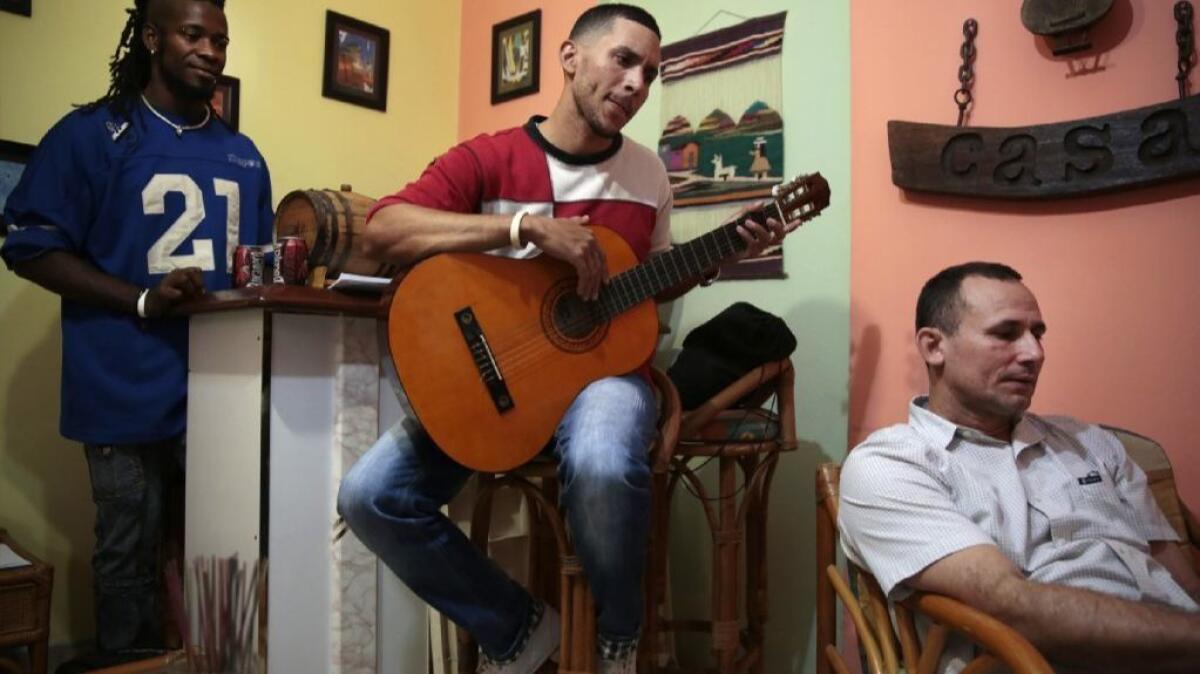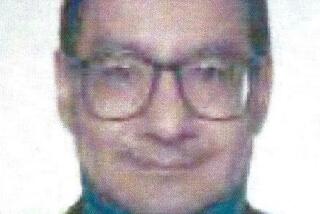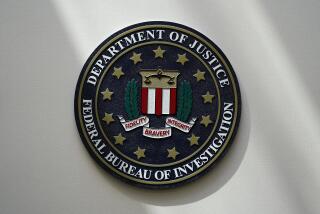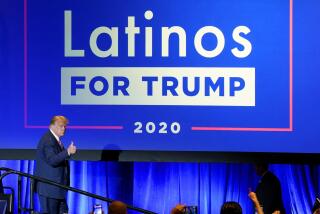Arrest of prominent Cuban dissident draws protest and concern

One of Cuba’s most prominent dissidents has been arrested and held incommunicado for days, sparking international pleas for his release.
Jose Daniel Ferrer, from Cuba’s Santiago region, was detained a week ago, his organization, the Patriotic Union of Cuba, said.
Ferrer is a longtime critic of Cuban governments led by both Fidel and Raul Castro and has been frequently subjected to official harassment and imprisonment. He previously served eight years of a 25-year sentence in a Cuban jail.
News reports from the island, however, said Ferrer was arrested following a traffic incident in which he almost ran over an official. On Friday, Ferrer was charged with attempted murder, Reuters reported from Havana.
Human rights groups quickly mobilized to his defense.
The Americas division of Amnesty International voiced extreme concern for Ferrer’s fate and the conditions under which he was being held.
The arrest comes after a relatively benign period for Cuban dissidents, who have enjoyed more freedom as the new government of Miguel Diaz-Canel drafts a new constitution, Cuba’s first in decades.
Diaz-Canel is the first person not named Castro to lead the Cuban government in more than half a century.
“As Cuba’s new administration embarks on constitutional and other legal reforms, it must demonstrate to the world that it will uphold its obligations to guarantee human rights and due process for all Cubans, including the country’s most critical voices,” Amnesty International said.
Within the Trump administration, Francisco Palmieri, the acting deputy secretary of State for the Western Hemisphere, called Ferrer a “prisoner of conscience.”
“We are deeply concerned” by Ferrer’s detention, he said. “No family visit, no lawyer, no due process, no justice.”
After President Obama’s remarkable opening with Cuba in 2015, Ferrer was optimistic and looking forward to putting aside differences with the government.
A year later, he was allowed for the first time to travel outside of Cuba. But political evolution, he said, was slow.
“We make advances, then the regime represses us and we have to take steps back,” Ferrer told a small group of reporters in Washington that year.
For more on international affairs, follow @TracyKWilkinson on Twitter
More to Read
Start your day right
Sign up for Essential California for news, features and recommendations from the L.A. Times and beyond in your inbox six days a week.
You may occasionally receive promotional content from the Los Angeles Times.







